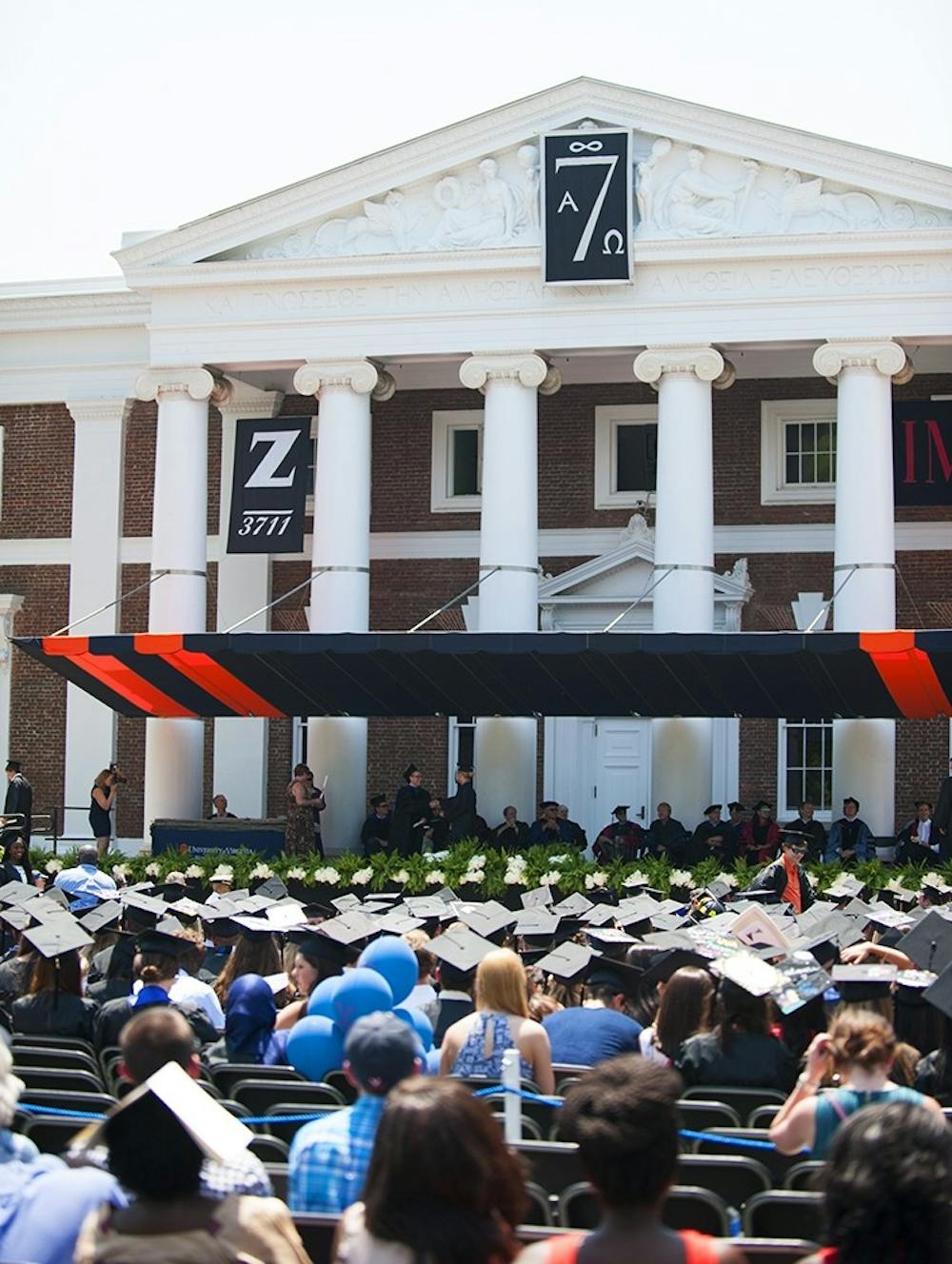When a degree costs as much as it does now, it’s important to make sure students are getting their money’s worth. Yet, recent evidence suggests U.S. universities are not preparing their students for life in the workforce. In today’s economy, a college degree is no longer sufficient for success. In fact, a recent study found a disturbing discrepancy between the skills valued by employers and a student’s assessments of their own workforce readiness. This study demonstrated that while students graduate feeling confident in their own readiness, employers sense weakness in “soft skills,” such as leadership and organization. This problem demands institutions of higher education to adapt and meet a changing economic environment.
The findings in the study above are not unique. In a similar vein, a Gallup poll found that business leaders have serious doubts about the capability of higher education institutions in the United States to prepare students for the workplace. While some might argue higher education has value in itself, it’s also important that universities be aware of the demands of employers so as to prepare their students for the real world. The key area in which universities are falling behind the curve is in providing students with soft skills, which include teamwork and communication. David Deming, an associate professor at Harvard University, pointed out that high-growth jobs are often the ones which require effective employees to have both technical and social skills.
New learning techniques, including high-impact educational practices, can be readily adopted to shore up student’s skills in these areas. They connect lessons in the classroom with the realistic problems they should be applied to, ultimately ensuring students are also learning skills necessary for partnership and critical thinking. These practices at universities can include research community-based jobs, which allows students to improve their skills while receiving feedback from other students and professors. The most important aspect of these activities is they provide students with an opportunity to work in environments similar to the working world rather than situations that are purely academic.
Northeastern University provides a great example of a higher education institution which prepares its students for life outside the confines of the classroom. As a member of the U.S. Department of Education’s Innovative Partnerships initiative, it has partnered with General Electric to provide a degree in advanced manufacturing, ensuring participating students graduate with real-world experience. In addition, Northeastern also has a well-developed cooperation program which allows students to gain experience by adding work assignments in between semesters of study. As Susan A. Ambrose, a senior vice provost at Northeastern, says, “connecting theory to practice in the real world is incredibly important.”
Despite these issues, it’s clear students leave their campuses feeling prepared. The Association of American Colleges and Universities recently published a paper showing that large majorities of graduates are confident in their college’s role preparing them for professional life. However, similar studies have simultaneously shown that significant numbers of employers are disappointed with recent graduates’ attention to detail, leadership qualities and interpersonal skills. These are qualities which don’t come from a classroom alone but from applying academic knowledge to real-world problems. Liberal arts colleges may not be trade schools made to prepare students only for a specific job, but they do need to prepare students for the real world. The only way to do this is by providing students with the experience and skills which are essential in all fields of employment. Currently, they are failing to do so.
Alex Mink is an Opinion columnist for The Cavalier Daily. He can be reached at opinion@cavalierdaily.com.







